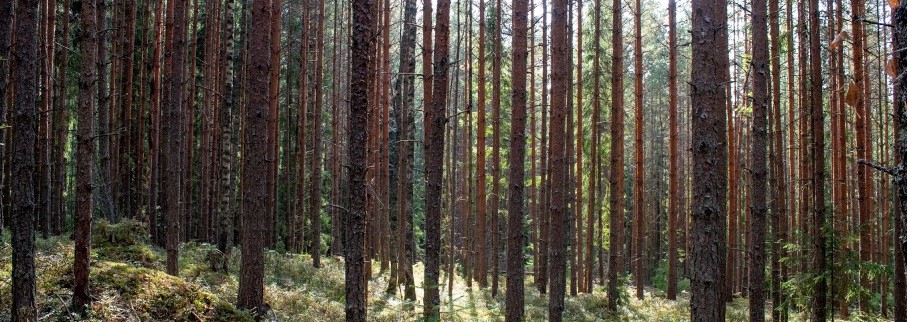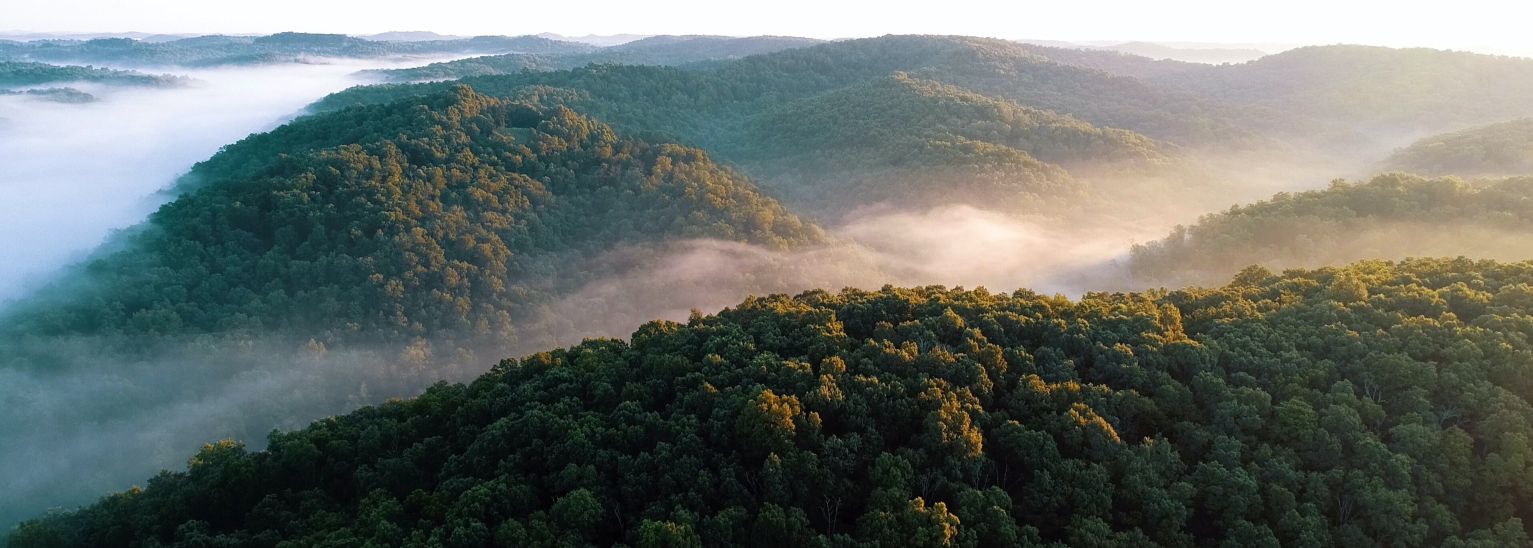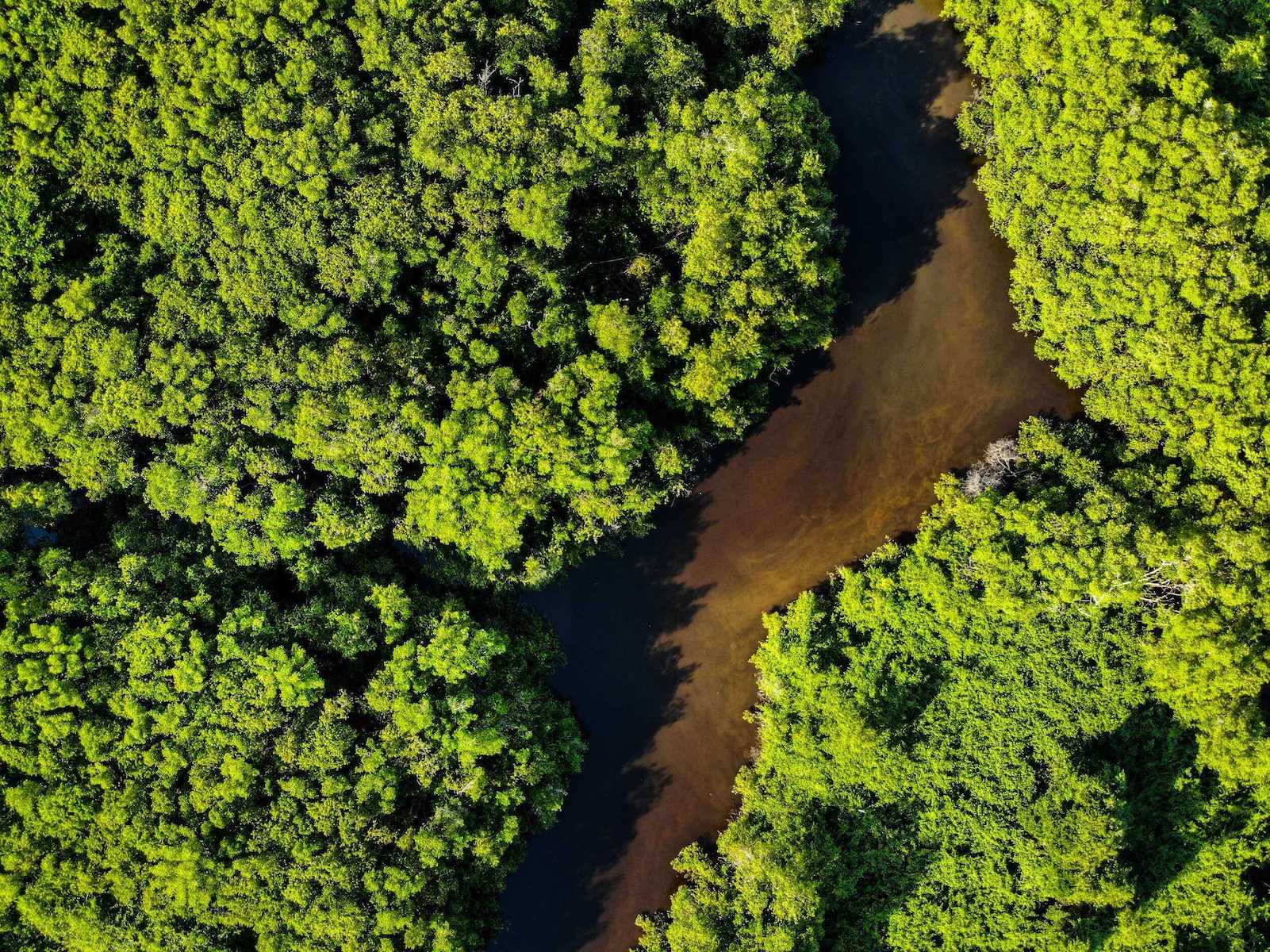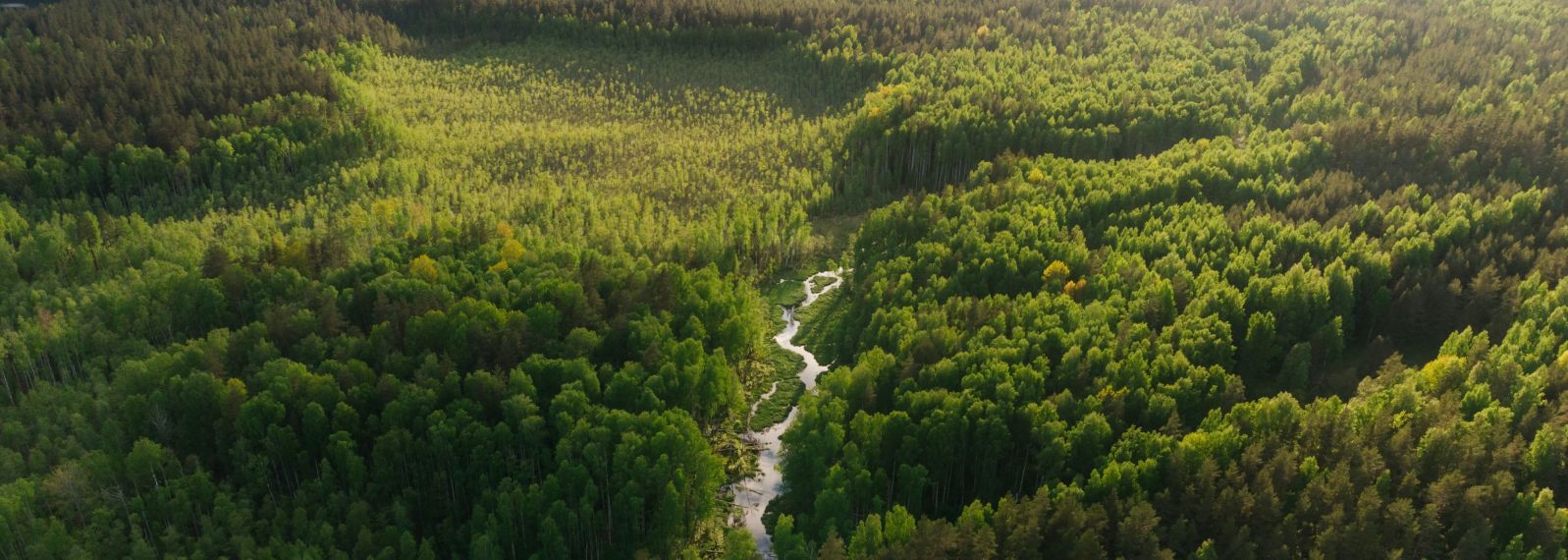It’s no secret that trees play a crucial role in the fight against climate change, but did you know why? Here are 10 reasons why trees are important:
1. They produce oxygen
Trees are known to be one of the largest producers of oxygen. Through photosynthesis, a phenomenon essential for the survival of many living organisms, trees take in carbon dioxide and release oxygen into the atmosphere. The amount of oxygen that trees produce through photosynthesis will depend on several factors, such as the species of tree, the size of the tree, and the amount of sunlight it receives. On average, it is estimated that two mature trees can produce enough oxygen to meet the daily needs of up to four people, depending on the species and size of the tree
2. They help reduce air pollution:
Trees absorb harmful gases from the air and soil, such as carbon monoxide or nitrogen dioxide, and help reduce air pollution levels.They also play an important role in reducing greenhouse gas emissions, which are a major contributor to air pollution and climate change. Another way that trees help reduce air pollution is by providing shade and cooling, decreasing the amount of energy required to cool buildings and cars.

Photo: Leaf with water (Source: Pexels)
3. They prevent soil erosion:
Soil erosion is the process by which soil is removed from the land surface by wind or water, often due to the loss of vegetation cover. This phenomenon can then negatively impact agricultural productivity, water quality, and overall ecosystem health. Trees’ roots help bind soil together by creating a network of underground fibres, preventing soil erosion and helping keep the soil in place. In the same way, they help fight soil erosion by absorbing a significant amount of water when it rains, slowing down the movement of water over the land surface and reducing the amount of soil carried away.
4. They help regulate the water cycle:
Another benefit of trees would be their ability to regulate the water cycle by absorbing and storing water through their roots and releasing it back into the atmosphere through transpiration. By doing so, they help prevent flooding and erosion, and ensure that water is available for other plants, animals, and local communities. They also serve as natural water reservoirs by storing water in their tissues and in the soil around their roots. This stored water can be released slowly over time, which can help to prevent flooding and drought. Additionally, by going through the roots, the water is rid of pollutants and sediment, significantly improving the quality of water.

Photo: Dry soil (Source: Pexels)
5. They provide resources and habitat for wildlife:
They are also a source of food for wildlife, their leaves, fruits, and nuts an important source of nutrition for many animals such as birds, squirrels, and deer. Trees can also support a wide variety of insects, which are an important food source for many bird species. In the same way, they can provide us with other materials that are used for building, cooking, and other purposes, like wood and medicine. For example, the bark of the willow tree contains salicylic acid, which is the active ingredient in aspirin. Trees are also essential to nature because they provide shelter and habitat for a wide variety of wildlife such as birds and insects. For example, trees’ branches, leaves and cavities provide the perfect nesting and roosting sites for birds and mammals to breed and keep their babies safe…
6. They support biodiversity:
By providing habitat and food for a diverse range of species, forests are incredibly important ecosystems that support a vast array of biodiversity. They shelter a large variety of pollinators such as bees, butterflies, and birds, which help to fertilise plants. They also play an important role in the maintenance and restoration of ecosystems that have been degraded through processes like soil stabilisation, water regulation, and carbon sequestration.

Photo: Bee hive (Source: Pexels)
7. They help combat climate change:
Trees play a major role in mitigating the impact of climate change by absorbing carbon dioxide, a greenhouse gas that contributes to global warming.
So what happens when they store carbon dioxide? Carbon can either be absorbed through the leaves and used to create energy through photosynthesis, or trees can transfer some of the carbon into the soil through their roots, which can help to improve soil quality and support a variety of microorganisms.
8. They help local communities:
Another benefit of trees is that they can enhance the quality of life of people and communities. For example, planting trees in Tanzania or Kenya provides economic opportunities as they can generate revenue through the harvesting of fruits & nuts. In the same way, it represents a sustainable source of income by providing employment opportunities to locals. But not only do trees have an economic impact, they also have a social impact. Tree planting activities are known to create a sense of community and engagement, bringing people together to work towards a common goal, and thus ensuring a better future!
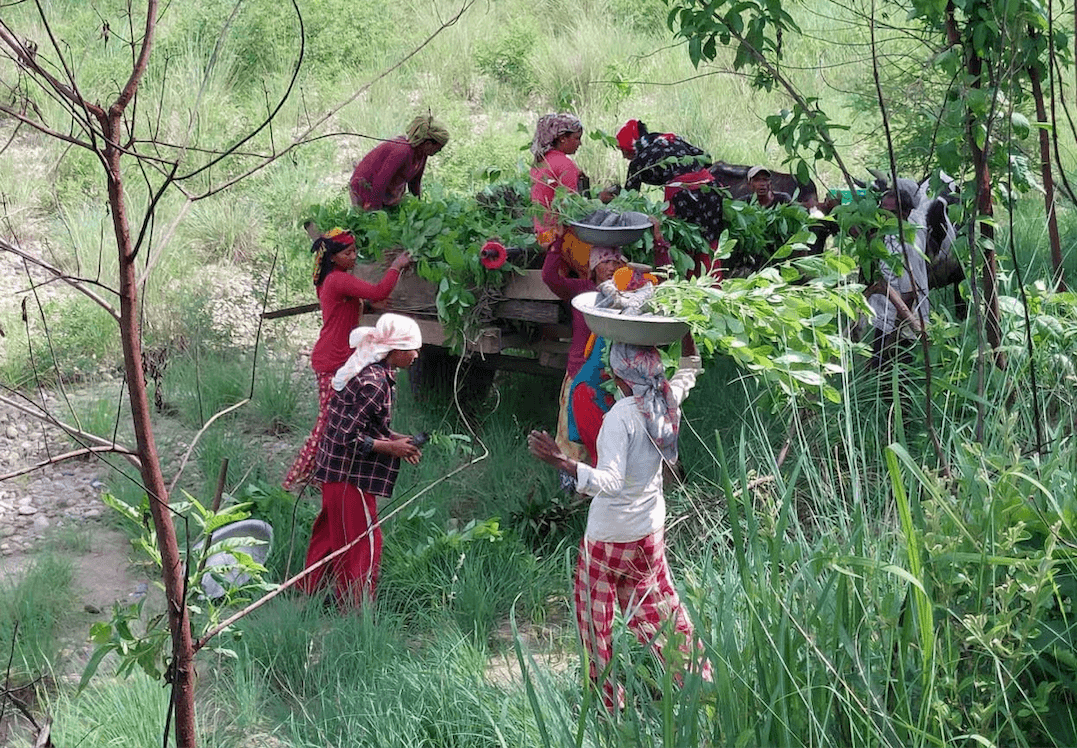
Photo: Local community in Nepal planting trees (Source: Treeapp)
9. They have a positive effect on mental health:
Trees have also been proven to reduce stress, lower blood pressure and heart rate.Spending time in nature can also enhance moods and increase the feeling of well-being. Being around trees and nature in general tends to encourage people to engage in physical activity, such as hiking or walking, which can have positive effects on mental health!
10. They provide shade and cool the environment:
By providing shade and cool, they help protect people and wildlife from harmful UV radiation. In the same way, trees can absorb heat through their leaves and branches, which can help to reduce the amount of heat that is radiated back into the environment. This also leads to a decrease in energy consumption as it reduces the need for air conditioning and other cooling systems.

Photo: Woman hiking in forest (Source: Pexels)
So, as you can see, trees are vital to the environment and to our well being, so join us in our reforestation efforts to plant trees across the globe!
